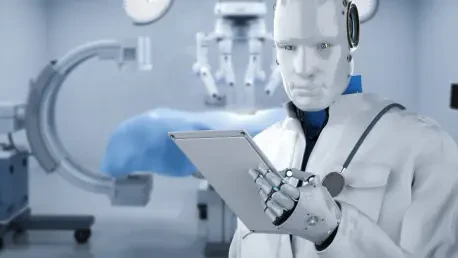In recent years, healthcare professionals have faced mounting pressure to streamline operations while coping with rising costs. The healthcare industry’s growing reliance on artificial intelligence (AI) has introduced groundbreaking opportunities for improving patient outcomes and operational efficiency. Innovaccer Inc., a leader in healthcare AI solutions, has recently rolled out the Innovaccer Gravity™ platform—a transformative tool that promises to redefine AI integration. The platform’s release has captured attention due to its potential for revolutionizing data management in healthcare, ultimately aiming to reduce costs and enhance performance. Innovaccer Gravity™ aligns with the industry’s shift towards cloud computing, providing a cloud-agnostic solution that fosters rapid AI adoption and integration. As healthcare systems confront an increasingly challenging landscape, this platform appears poised to serve as a crucial asset for achieving sustainable improvements in care and operations.
Key Components and Implications
Innovaccer Gravity™ introduces advanced features aimed at enhancing healthcare systems’ ability to utilize AI for transformative improvements. The platform’s robust infrastructure unites data from electronic health records, financial systems, and operational datasets into a single source of truth, promoting interoperability across clinical, operational, and financial sectors. This integration caters to the varied data needs of modern healthcare providers. Offering over 400 pre-built connectors and upwards of 100 FHIR resources, Innovaccer Gravity™ presents a comprehensive ecosystem for diverse healthcare apps. Additionally, it features a Unified Data Fabric for real-time insights and low-code/no-code tools for rapid deployment. Organizations can leverage these elements to develop custom analytics and AI models tailored to their needs, with an emphasis on security, governance, and cloud scalability. By streamlining deployment and integration, Innovaccer Gravity™ accelerates the adoption of vital AI use cases, boosting efficiency in times of limited resources, thereby marking a significant shift toward AI in healthcare solutions.









